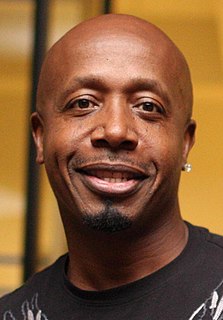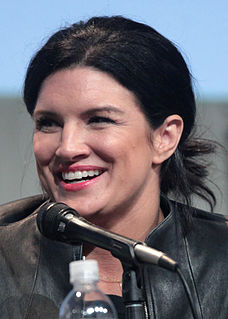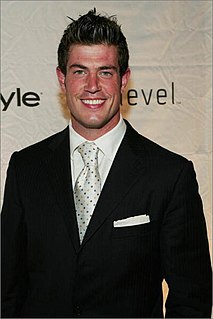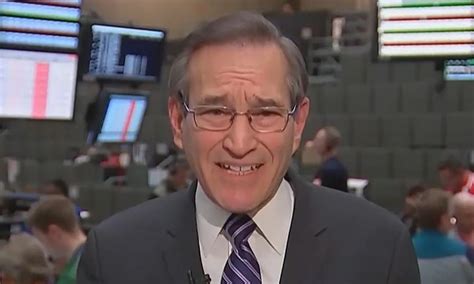A Quote by MC Hammer
I started with the Oakland A's back in 1971 and there was press at every game and there were cameras on me when I was that young. So with 20 years being MC Hammer, I'm comfortable with cameras so when the camera goes on, I continue doing what I'm doing.
Related Quotes
I've been doing photography in one form or another for, oh golly, over seventy years. I don't carry cameras. I used to. For many years I carried cameras wherever I went. Photograph whatever I saw that was of interest. In the last years, I've only used cameras to explore thematic ideas which presented themselves first. And then bring out the cameras to try to explore that idea.
With photography, everything is in the eye and these days I feel young photographers are missing the point a bit. People always ask about cameras but it doesn't matter what camera you have. You can have the most modern camera in the world but if you don't have an eye, the camera is worthless. Young people know more about modern cameras and lighting than I do. When I started out in photography I didn't own an exposure meter - I couldn't , they didn't exist! I had to guess.
I'm just as intrigued by acting as ever. It's an ongoing process. There's no arrival. There's no point at which you say "Oh, OK, done it, got it." It just doesn't happen. And that's true of any creative endeavor. For me, it's just a lifelong interest. I'm very much interested in the craft. I started by doing plays and it took me a long time to feel comfortable doing movies, working with cameras. I felt like I was a theater actress pretending that I was a movie actress for quite a while. Now, I just love the process of working with cameras and being on a set and trying to put a film together.
This uses a lens system, which I have used for years in various different ways, but I've never used it in the context of an interview. This is the very first time that I've done that. It's a lens called The Revolution, so it allowed me to interview Elsa [Dorfman] and actually operate the camera. Well one of the cameras, because there were four cameras there.
'How the West was Won' was very hard, because it was a three cameras technique, meaning three cameras wide. Therefore I wasn't speaking to my fellow performer, I was speaking to a camera, or a line next to the camera. It was difficult to do, because its not real acting. I had to pretend that I was 'seeing' Agnes Moorhead or Jimmy Stewart or Carroll Baker. I wasn't, I was acting to a drawn line. It took me personally two years to make the film, because my character starts at age 16 and I end up being 92 years old in the film. By the end of that production, I was ready for a long nap.
For a period of time, I carried cameras with me wherever I went, and then I realized that my interest in photography was turning toward the conceptual. So I wasn't carrying around cameras shooting stuff, I was developing concepts about what I wanted to shoot. And then I'd get the camera angle and do the job.
For a period of time, I carried cameras with me wherever I went, and then I realized that my interest in photography was turning toward the conceptual. So I wasn't carrying around cameras shooting stuff, I was developing concepts about what I wanted to shoot. And then I'd get the camera angle and do the job

































